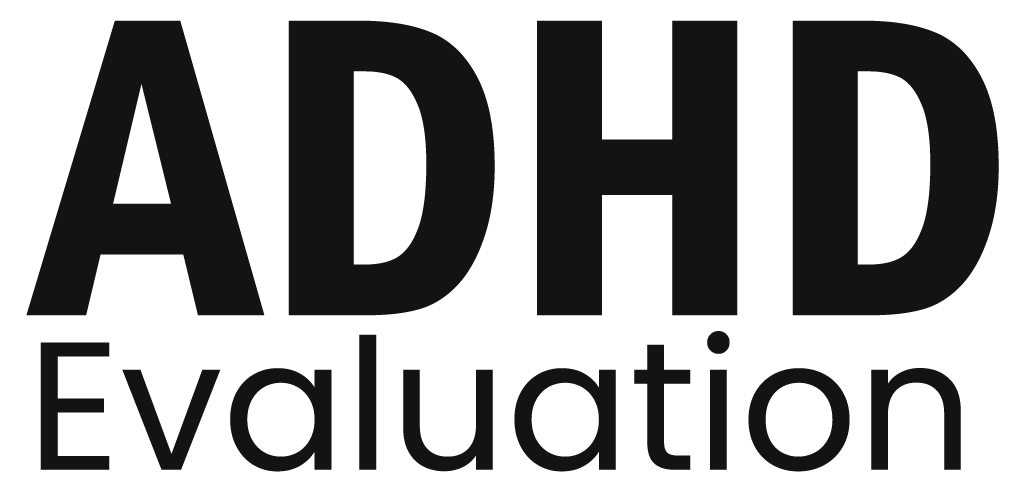Depression and ADHD
The convergence of symptoms between Attention Deficit Hyperactivity Disorder (ADHD) and depression is extensive, highlighting the critical importance of conducting dual screenings. This process helps clinicians accurately discern the true nature of an individual’s symptoms and formulate the most effective treatment plan tailored to their needs.
Depression is clinically diagnosed when a person experiences a collection of specific symptoms for a duration of two weeks or longer. These symptoms can include persistent feelings of sadness or hopelessness, a marked loss of interest in activities that once brought joy, social withdrawal or isolation, significant changes in appetite or sleeping patterns, and a pervasive sense of low self-worth or guilt, among others. These emotional challenges can deeply affect a person’s daily life and functioning.
The significant overlap between the symptoms of ADHD and depression poses challenges for diagnosis and requires thorough, individualized questioning. Evaluation allows for a comprehensive understanding of the patient’s experiences, enabling the clinician to differentiate between the two conditions effectively.
Research indicates that individuals with ADHD are at a fourfold increased risk of developing depression. This heightened vulnerability underscores the need for careful monitoring and assessment.
STPS’s ADHD assessment includes a comprehensive screening for depression utilizing a validated screening instrument along with targeted diagnostic questions. The outcomes of this detailed screening are compiled into a final report, which serves as a valuable resource for patients.
This report facilitates a collaborative discussion with your clinician about the best possible treatment options, ensuring that each patient receives personalized care that addresses your unique mental health needs.
